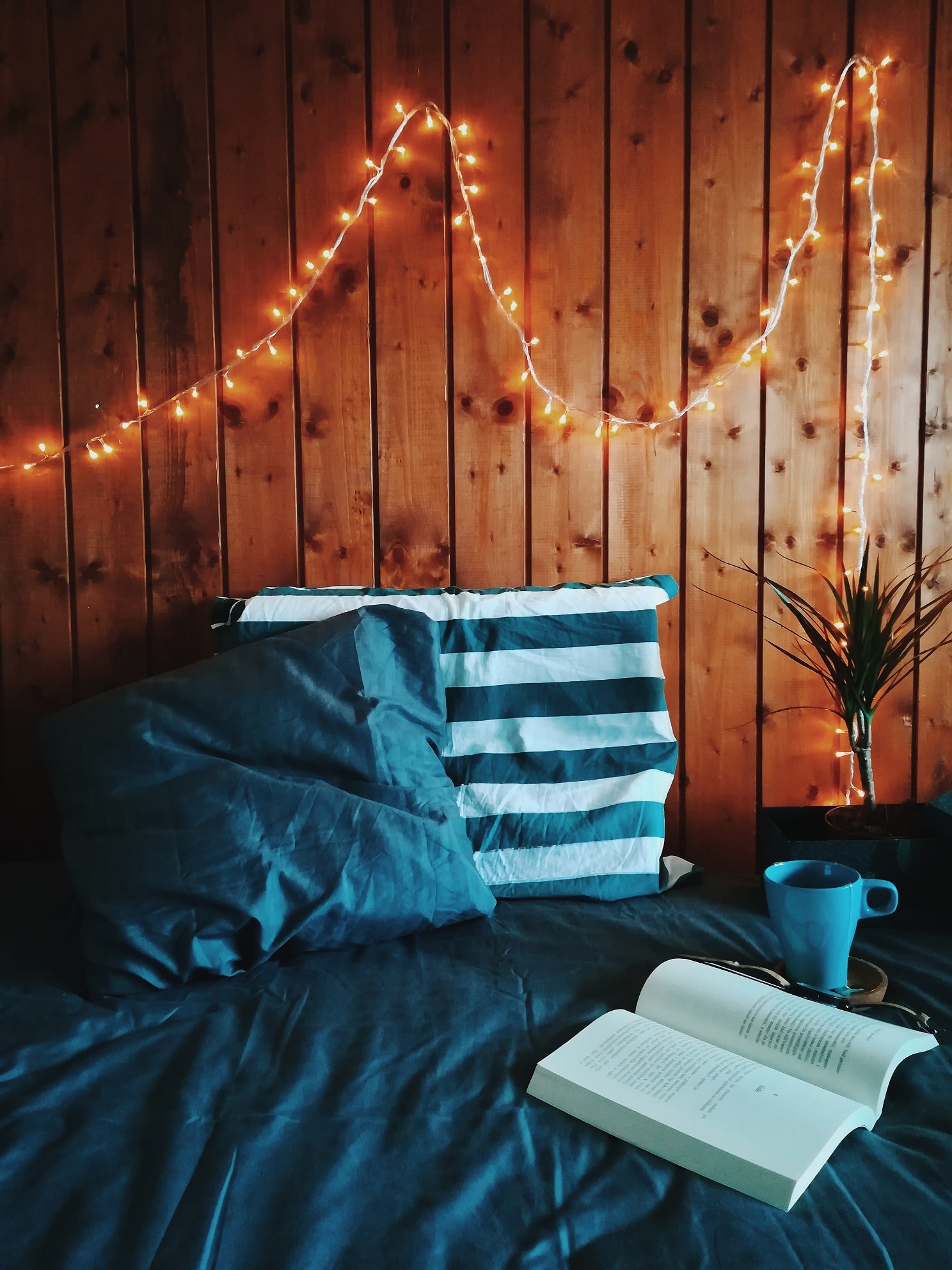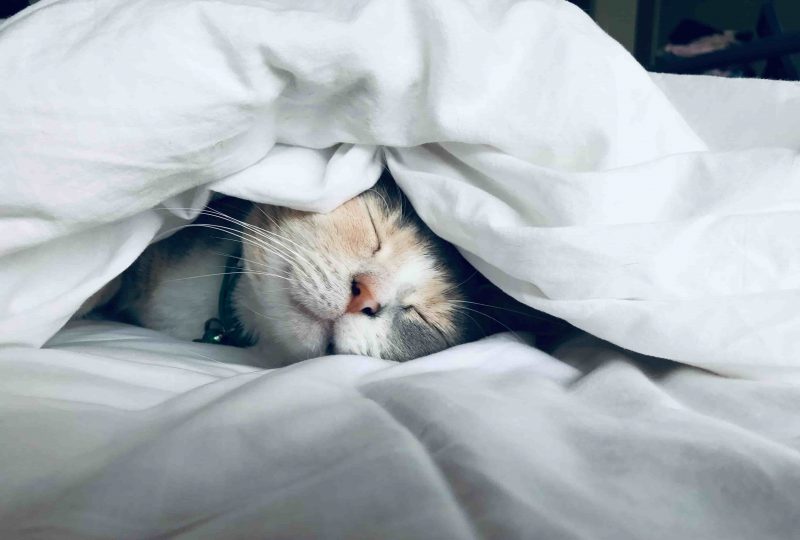Sleep hygiene is the practice of creating good sleep habits—habits that ensure you achieve the best rest you possibly can during the eight hours the world won’t bother you. In the modern era, we often see sleep as a commodity, something to trade for a few more hours of work on that one project, or for another hour scrolling through Instagram. But good sleep is non-negotiable people! Get with it.
So today, we’re going to be discussing sleep, a personal favourite topic. Specifically, what makes a night’s rest worthwhile, and how to create habits that will have you properly out for the count every night.
Why do you need a good rest?
I will be the first to admit that I am not very good at sleeping. However, lately, I’ve been putting a lot more effort into creating the best possible circumstances for my resting brain, because there are a lot of nasty side-effects that follow on the heels of sleep deprivation.
In the short term (a day or so), sleep deprivation will make you feel like someone stole half your brain and won’t give it back. Impaired cognitive ability, reduced concentration, skewed memory and irritability are all things we expect to see from our university flatmates the day before an exam, and that’s because they didn’t get a wink the night before. Most people can deal with these symptoms for a day and knock themselves out the following night to compensate, but more and more individuals are pushing sleep aside in favour of a few more hours in the day. Up until very recently, I was one of them.
The long-term side effects pack a bit more of a punch. Increased probability of developing depression and anxiety, permanently impaired memory function, behavioural changes, and learned insomnia alongside a truly devastating aversion to sunlight and holy artefacts.
That last one might be vampires, actually. 🧛♀️⚰️
What actually makes a good night’s sleep?

To make this fairly simple—because that’s all it really needs to be—there are four stages of sleep. The first three are known as non-REM sleep, or the stages where there is no rapid eye movement. The last is REM sleep or the “dreaming” stage. (I highly recommend sneaking up on a sleeping person and holding their eyelid open while they’re occupying this stage; extremely hilarious.)
It’s most important to descend all the way to that third stage of sleep—we’ll call it the “deep” stage—because that’s when your brain starts emitting slow delta waves that repair your cognition. If you don’t hit this stage for long enough, you could sleep for 12 hours and still wake up feeling like you’ve been hit by a bus.
So, the goal is to get your brain calm enough that it can slam-dunk right into third base. But how do we do that effectively?
Sleep Hygiene Tips
The overarching advice here comes down to one thing: prioritise good sleep. The rest of your life can wait until you’ve had enough rest to get on with the day. Besides, most people will understand if you had to push that one thing to the next day for the sake of your eight hours. After all, they know what it’s like to need it too.
Without further ado, here are some tried-and-tested tips to improve your sleep hygiene!
Get Outside
Your brain maintains its sleep-wake cycle like a clock being rewound. We’ve evolved to rise with the sun, and when your brain sees sunlight and daytime, it holds the “sleepy-time” alarm back until darkness falls, then the yawns start coming. Getting outside and soaking in some rays during the day helps your brain to accurately adjust the sleep-wake clock, keeping your circadian rhythm on track and promoting deep sleep.
Create a Pleasant Environment

There are some of us who can sleep like a rock in the middle of the Bolivian salt flats, and to those people I say congratulations, you’re insane. However, most of us need a little more comfort.
Take the time to make your room a haven of slumber. Make it comfy! Clean sheets, a cool room, darkness and silence are the best ways to send you off to la-la-land. Even add in some fairy lights or an aroma diffuser for an even more calming sensory experience. Make your bedroom a sleep paradise!
Warn Your Brain
A night-time routine helps your brain to sense that the time to sleep is incoming (you’d be surprised how strong environmental triggers are). This could be as simple as brushing your teeth and reading a book for half an hour, or as complicated as Oprah’s rosewater bath and podcasts; the key is to make it consistent.
This gives your brain time to release melatonin and gently bring you down, rather than expecting slumber to hit you like a mallet to the back of the head.
Turn Off Your Screen

Here’s that sleep-wake cycle again. The blue light from screens is interpreted by your brain as daylight, so it’s not going to let you sleep in the middle of the night. That’s not the deal, son, we’re not owls (unfortunately).
Put your screens away at least half an hour before you try for some shut-eye to let your mind acclimate, and you’ll find drifting off to be a heck of a lot easier.
If you find that you’re still having trouble hitting the land of lullabies, don’t be afraid to seek out some help. Insomnia is a hefty beast, and you don’t have to take it down alone; there are natural remedies, medications and therapies that can help you re-align your sleep habits.
After all, everyone deserves sweet dreams.
Sleep easy knowing you have a Zizacious newsletter coming.
Subscribe to Zizacious for more tricks that assure life-affirming naps (and other things) for years to come.











